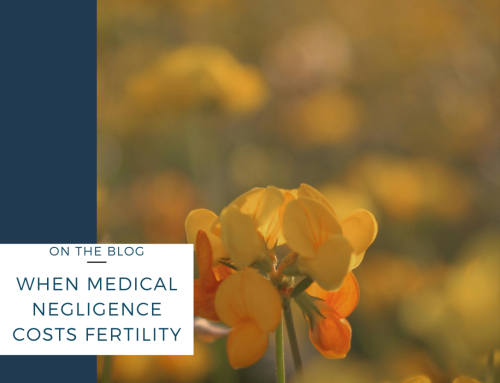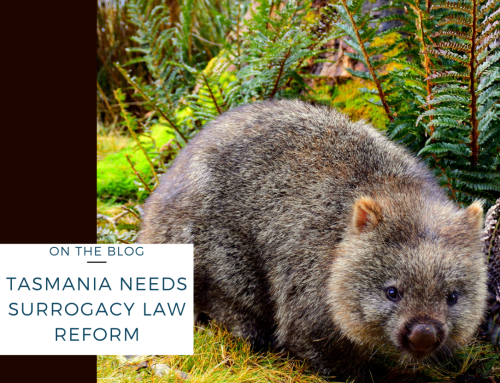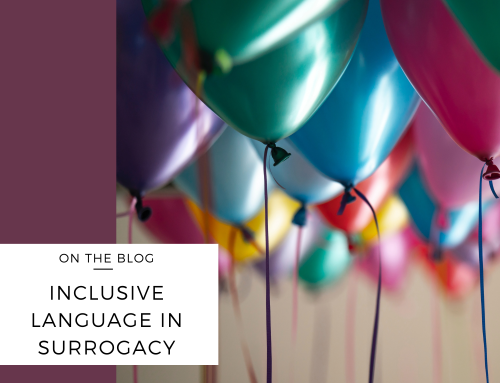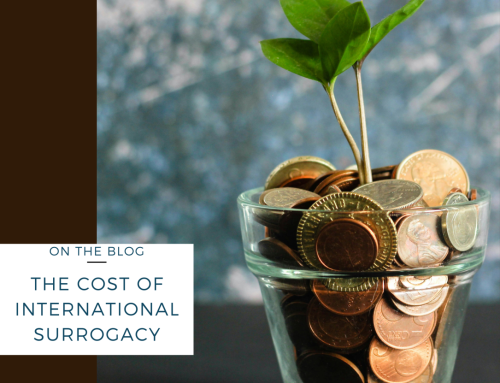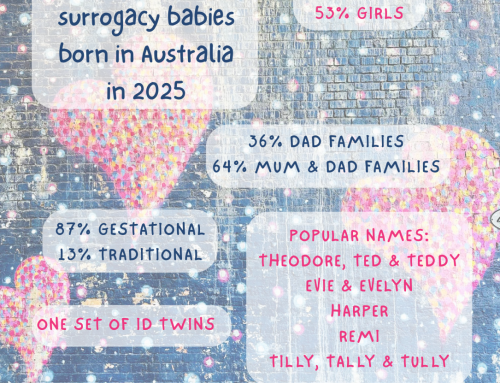Who owns an embryo?
Is an embryo treated like a child in a parenting dispute? Or is it like property in a divorce? The truth is, it’s not treated like either a child or property, but in a category by itself.
Under Victorian law, when a couple creates embryos with eggs from one partner and sperm from another, they are considered both to ‘own’ or have the right to decide what to do with the embryos. But unlike say, real estate that can be liquidated and the proceeds split between the parties, an embryo is treated differently. If the parties separate, the embryos are placed in ‘lockdown’ by the clinics so that neither party can use them without both parties’ renewed consent. One party cannot use the embryos, or decide what to do with them, without the consent of the other party.
If you are seeking to import or export gametes or embryos in or out of Australia, you should do your research and make sure you are following the relevant laws.
You can also read more about egg donation within Australia and overseas, and finding the right option for you.
So, what happens when a couple separates and need to decide what happens with their unused embryos? There’s a few possible outcomes.
- They can both consent to the embryos being destroyed, or ‘succumbing’ meaning they are not going to be used.
. - One partner can donate the embryos to the other partner, meaning that one might use them to attempt to have a baby, with the other party being listed as a donor rather than a parent. This would involve counselling and legal advice before the party can formally donate the embryos to their former partner.
. - They might agree to using the embryos together, with the intention of co-parenting any child/ren born from the embryos. This would also require counselling and legal advice, as a co-parenting arrangement is different to a regular parenting arrangement.
Unfortunately if there is a dispute, with one party wanting to use or donate the embryos and the other refusing, it is likely that neither party would be able to use the embryos at all. Under Victorian law, embryos cannot be used unless both parties to a (previous) relationship have provided ongoing consent to their use. Once one party withdraws their consent, the embryos can no longer be used. It is not just about the genetics of the embryo, but the relationship between the parties, and their consent to create the embryos, that needs to be considered when determining the future use.
There are very few cases that have ended up in court in Australia over the use or ownership of embryos. One case, in Western Australia, referred to as G and G [2007] FCWA 80, the court found that the approach should be to consider the original intentions of the parties (that the embryos were intended to be used by the parties to achieve a pregnancy together) and the original consent – which was that if they separated, the embryos would be destroyed.
When it comes to embryos created with the assistance of a donor, it becomes a bit more complicated. Some states don’t have robust donor conception laws, and clinics instead rely on the NHMRC Ethical Guidelines and their clinic licensing rules. In most states, a donor must consent to their gametes being used for fertility treatment, but they may not be able to withdraw their consent once fertilisation occurs. Unlike the donor recipients, the donor does not have any legal parental obligations to any child/ren born from their donation.
Whether you are undergoing fertility treatment with your own eggs and sperm, or with the help of a donor or two, you should consider what happens with the eggs, sperm and embryos if someone changes their mind and withdraws consent, and if someone dies. The posthumous use of gametes (using eggs/sperm/embryos after death) is complex and many people find themselves in a position with stored gametes and embryos that they can no longer use. You and your partner and family should talk about your wishes and intentions and discuss them with the clinic and counsellors, and make sure any consent forms reflect your intentions.
If you are considering having a child with the assistance of a donor, be sure to consider the options and read more about donor agreements. You can also read more about donor conception.
You can book in for advice with Sarah if you are considering what to do with embryos or gametes during or after a separation.




